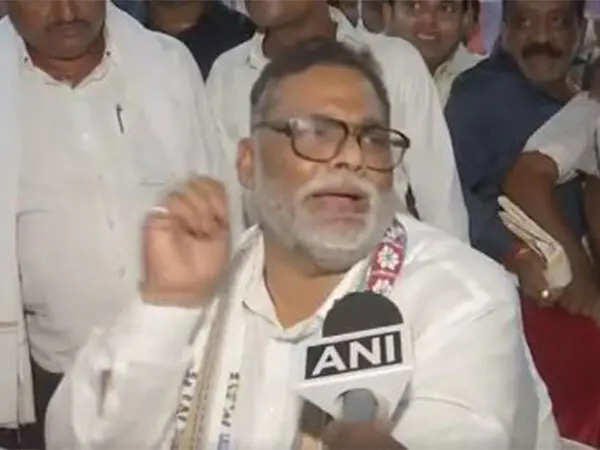Bihar MP Pappu Yadav recently stirred up a storm with his bold claim that he could dismantle gangster Lawrence Bishnoi’s criminal empire within just 24 hours—if given the legal authority to do so. His statement came in the wake of the high-profile murder of former Maharashtra minister Baba Siddique, a crime that has raised serious questions about law enforcement’s ability to combat organized crime in the region.
Yadav’s frustration was clear as he criticized the state of law and order in Maharashtra, referring to it as a “Maha jungle raj,” where criminals seem to operate freely, even from behind bars. He expressed dismay at the authorities’ failure to control Bishnoi’s sprawling network, which has been linked to several high-profile crimes, including Siddique’s assassination.
Yadav’s remarks, however, sparked heated political reactions. Critics accused him of promoting violence, with RJD spokesman Mrityunjay Tiwary condemning his stance, suggesting it contradicts the principles of non-violence championed by Mahatma Gandhi. Some also questioned his selective focus on Bishnoi while neglecting long-standing criminal figures like Dawood Ibrahim.
Lawrence Bishnoi’s gang is notorious for its involvement in multiple murders and links to terror organizations, operating across several Indian states. The complexities of dismantling such networks, which often intersect with political elements, have become a significant challenge for law enforcement agencies.
Yadav’s provocative comments underscore the ongoing debate about crime control in India and the difficulties faced by authorities in dealing with entrenched criminal organizations.



